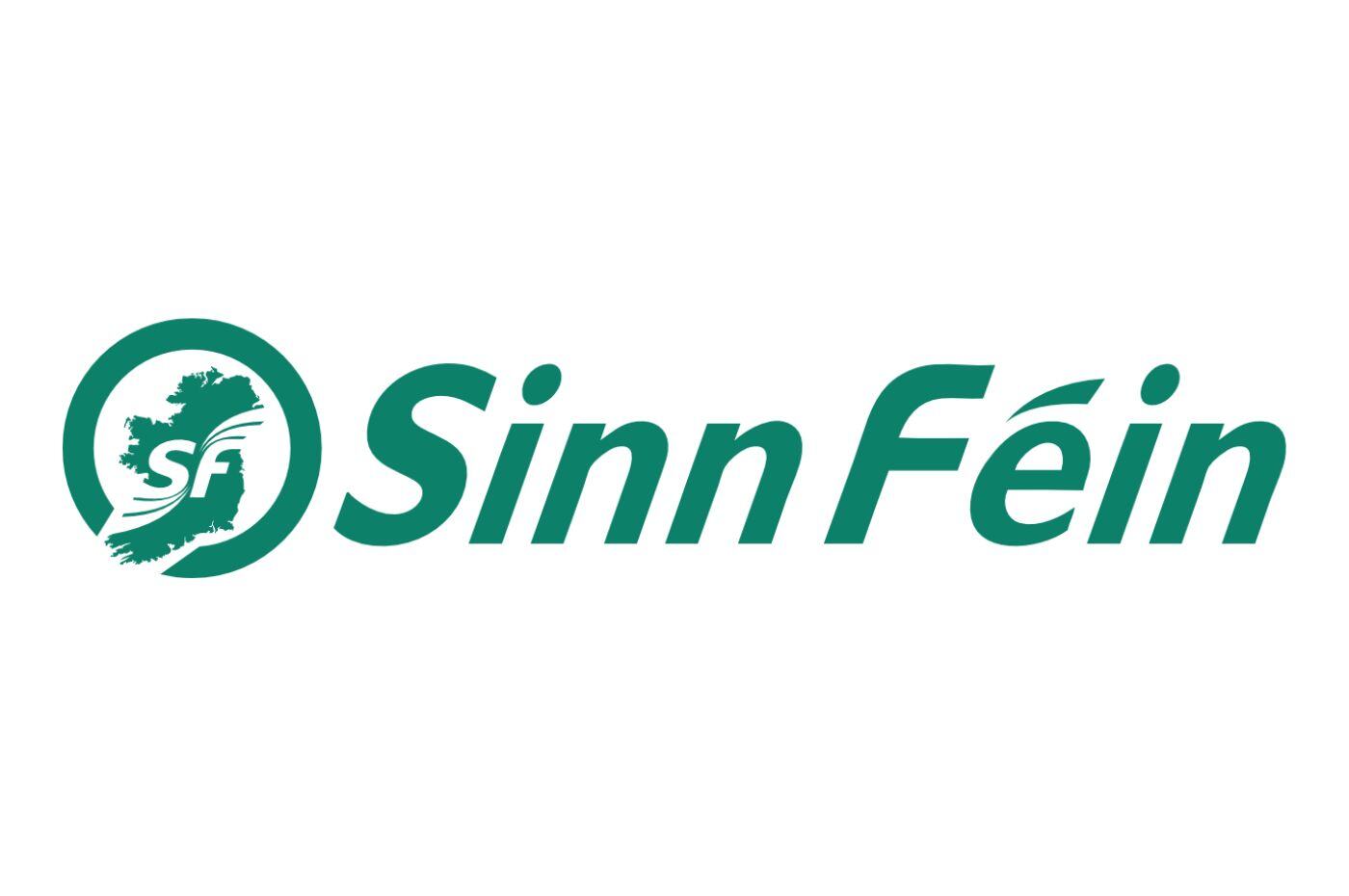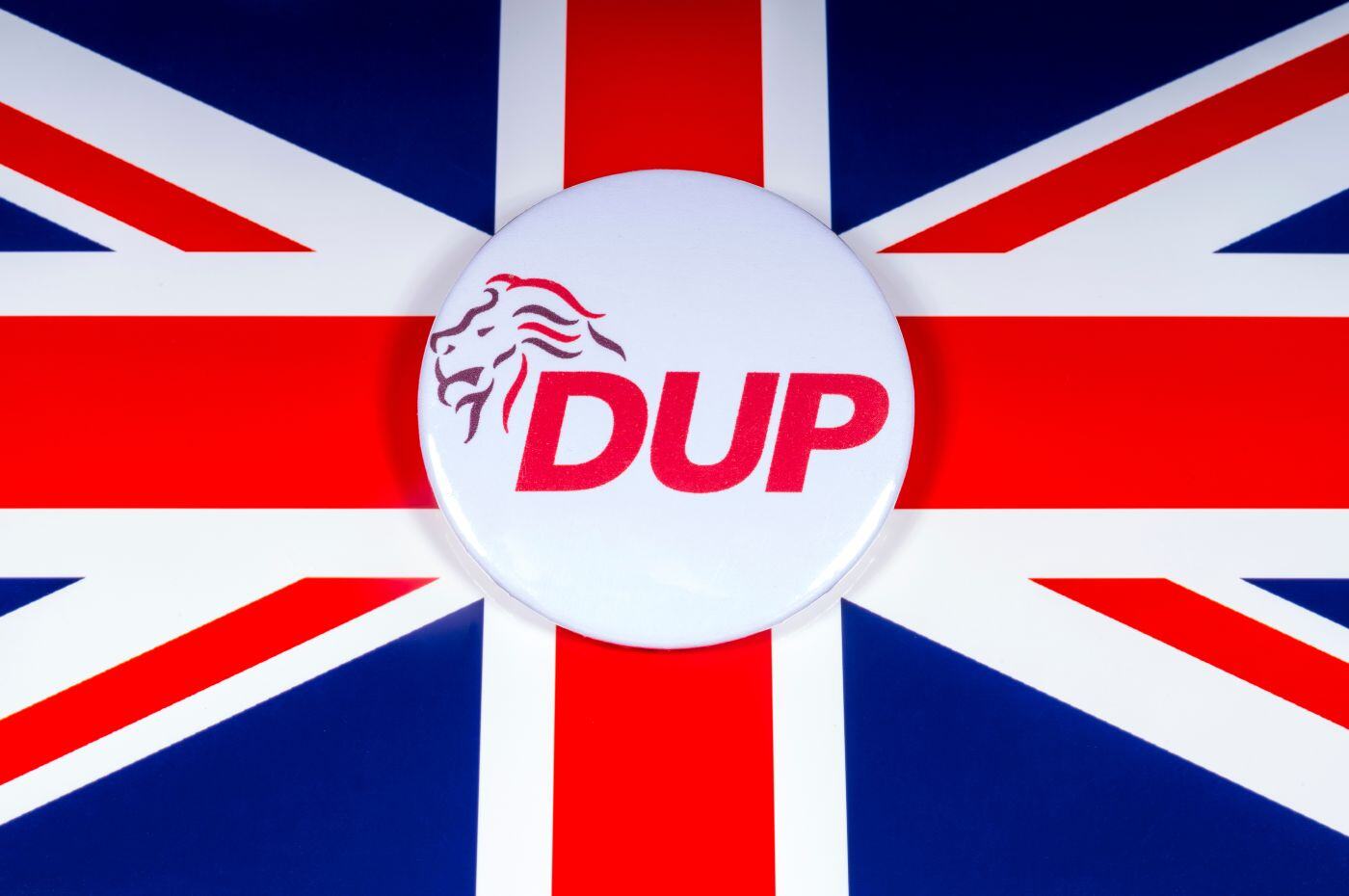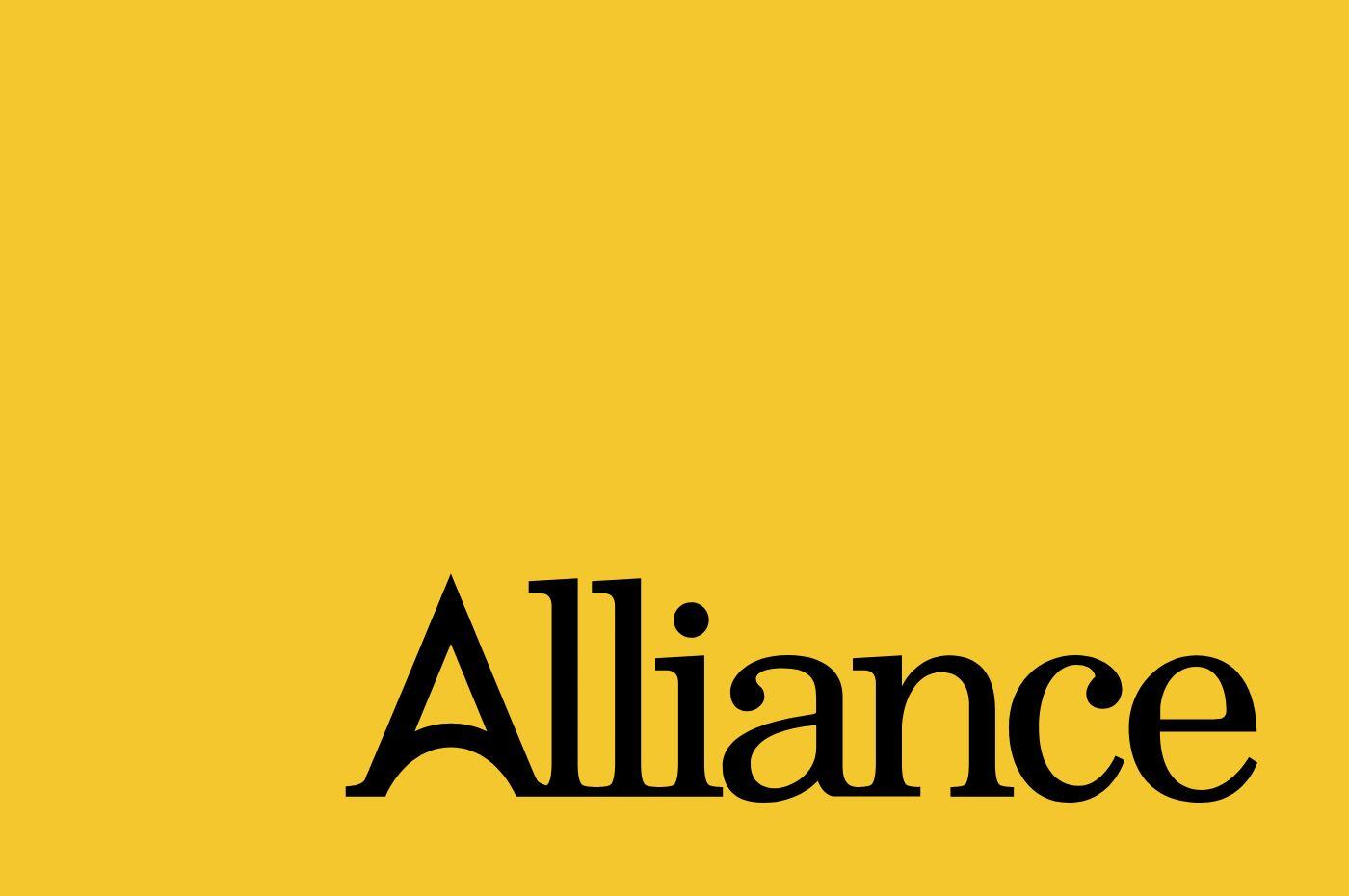Our analysis of the Sinn Fein manifesto
Sinn Fein does not take its seats at Westminster, a longstanding policy....
View DetailsNational headlines reacting to the launch of the Plaid Cymru manifesto have highlighted the party’s demand for an extra £4 billion in transport funding for Wales in recognition of spending on HS2 in England, but with 85% of Welsh land used for agriculture or forestry and 20% of its population living in rural areas, rural policies were bound to be key to any platform from the Party of Wales.
The party shares scepticism expressed by the Countryside Alliance and others of the Welsh Government’s Sustainable Farming Scheme, claiming credit for the recent decision to delay implementation by one year. Although such decisions fall outside the scope of the UK Parliament, it has reiterated its opposition to the proposed 10% tree cover on all farms and insisted on recognition of the social value of agriculture.
Other policies of significance to rural Wales include the following.
Crime and Policing: Like the Liberal Democrats, Plaid Cymru plans to eliminate elected Police and Crime Commissioners, replacing them with a Minister of Justice accountable to Wales. It advocates for restorative justice and community-based sentences and proposes a specialist rural crime team recruiting from the farming community.
Net Zero / Climate Change: The manifesto emphasises investment in infrastructure to prevent flooding and establishing Ynni Cymru, a national energy company, to ensure Welsh control over natural resources and a fair green transition.
Natural Environment: Plaid Cymru supports undergrounding cables for renewable energy, opposes new nuclear power stations and fossil fuel drilling, and demands Westminster funds coal tip clearance. It seeks to prioritise protecting Sites of Special Scientific Interest (SSSIs) and advocates for the reversal of nature loss, in line with international agreements.
Food and Farming: The party calls for fairer payment calculations for farmers, opposes rigid tree cover mandates, and seeks a flexible approach to the Sustainable Farming Scheme. It aims to enhance water quality regulations and strengthen disease surveillance networks. Transparency in the food supply chain, accurate food labelling to reflect Welsh origin and a Welsh veto over trade deals that could harm Welsh agriculture are also priorities.
Animal Welfare: While this issue receives little attention in the manifesto, the party does call for a broader strategy for tackling bovine TB that includes wildlife control, and the reintroduction of the legislation on livestock worrying that fell at the end of the last Parliament.
Housing: Plaid Cymru intends to expand social and municipal housing, regulate holiday homes and close tax loopholes. It supports retrofitting properties for energy efficiency and removing taxes on renewable liquid fuels for rural households.
Communities and Local Government: The manifesto targets 75% of public sector spending going to businesses in Wales, promotes co-operative ownership models, and seeks a guarantee of high-speed internet for all. The party advocates for investment in alternative technology projects and support for local pharmacies, GPs and high streets to maintain essential services.
Transport: Using the demanded £4 billion of extra funding from Westminster, the party aims to revolutionise Wales' transport, reconnecting north and south Wales and enhancing public transport in rural areas. It proposes renationalising railways and major bus services, and reviewing bus subsidies to improve rural connectivity.
The Countryside Alliance will review and communicate the rural impacts of all major parties’ manifestos, setting the agenda on rural policy through the general election and beyond. To support our work, please consider joining the Countryside Alliance today.

Sinn Fein does not take its seats at Westminster, a longstanding policy....
View Details
Countryside Alliance Ireland members and supporters will be pleased with the...
View Details
With all polls pointing to the possibility of the Alliance Party sending three...
View DetailsNational headlines reacting to the launch of the Plaid Cymru manifesto have highlighted the party’s demand for an extra £4 billion in transport funding for Wales in recognition of spending on HS2 in England, but with 85% of Welsh land used for agriculture or forestry and 20% of its population living in rural areas, rural policies were bound to be key to any platform from the Party of Wales.
The party shares scepticism expressed by the Countryside Alliance and others of the Welsh Government’s Sustainable Farming Scheme, claiming credit for the recent decision to delay implementation by one year. Although such decisions fall outside the scope of the UK Parliament, it has reiterated its opposition to the proposed 10% tree cover on all farms and insisted on recognition of the social value of agriculture.
Other policies of significance to rural Wales include the following.
Crime and Policing: Like the Liberal Democrats, Plaid Cymru plans to eliminate elected Police and Crime Commissioners, replacing them with a Minister of Justice accountable to Wales. It advocates for restorative justice and community-based sentences and proposes a specialist rural crime team recruiting from the farming community.
Net Zero / Climate Change: The manifesto emphasises investment in infrastructure to prevent flooding and establishing Ynni Cymru, a national energy company, to ensure Welsh control over natural resources and a fair green transition.
Natural Environment: Plaid Cymru supports undergrounding cables for renewable energy, opposes new nuclear power stations and fossil fuel drilling, and demands Westminster funds coal tip clearance. It seeks to prioritise protecting Sites of Special Scientific Interest (SSSIs) and advocates for the reversal of nature loss, in line with international agreements.
Food and Farming: The party calls for fairer payment calculations for farmers, opposes rigid tree cover mandates, and seeks a flexible approach to the Sustainable Farming Scheme. It aims to enhance water quality regulations and strengthen disease surveillance networks. Transparency in the food supply chain, accurate food labelling to reflect Welsh origin and a Welsh veto over trade deals that could harm Welsh agriculture are also priorities.
Animal Welfare: While this issue receives little attention in the manifesto, the party does call for a broader strategy for tackling bovine TB that includes wildlife control, and the reintroduction of the legislation on livestock worrying that fell at the end of the last Parliament.
Housing: Plaid Cymru intends to expand social and municipal housing, regulate holiday homes and close tax loopholes. It supports retrofitting properties for energy efficiency and removing taxes on renewable liquid fuels for rural households.
Communities and Local Government: The manifesto targets 75% of public sector spending going to businesses in Wales, promotes co-operative ownership models, and seeks a guarantee of high-speed internet for all. The party advocates for investment in alternative technology projects and support for local pharmacies, GPs and high streets to maintain essential services.
Transport: Using the demanded £4 billion of extra funding from Westminster, the party aims to revolutionise Wales' transport, reconnecting north and south Wales and enhancing public transport in rural areas. It proposes renationalising railways and major bus services, and reviewing bus subsidies to improve rural connectivity.
The Countryside Alliance will review and communicate the rural impacts of all major parties’ manifestos, setting the agenda on rural policy through the general election and beyond. To support our work, please consider joining the Countryside Alliance today.
Articles and news
![[Political, General Election 2024]](https://www.countryside-alliance.org/hs-fs/hubfs/Shutterstock_Conservative%20Party%20Manifesto_June%202024_1000x667px.jpg?width=365&name=Shutterstock_Conservative%20Party%20Manifesto_June%202024_1000x667px.jpg)
Conservative Party Manifesto Following the Liberal Democrats the previous day, the Conservative...
about this blogRead moreabout this blog![[Political, General Election 2024]](https://www.countryside-alliance.org/hs-fs/hubfs/Reform%20UK%20Logo%20%281%29.png?width=365&name=Reform%20UK%20Logo%20%281%29.png)
Reform UK Manifesto 2024 Reform UK has become the last significant UK-wide party to publish its...
about this blogRead moreabout this blogWe are the most effective campaigning organisation in the countryside.